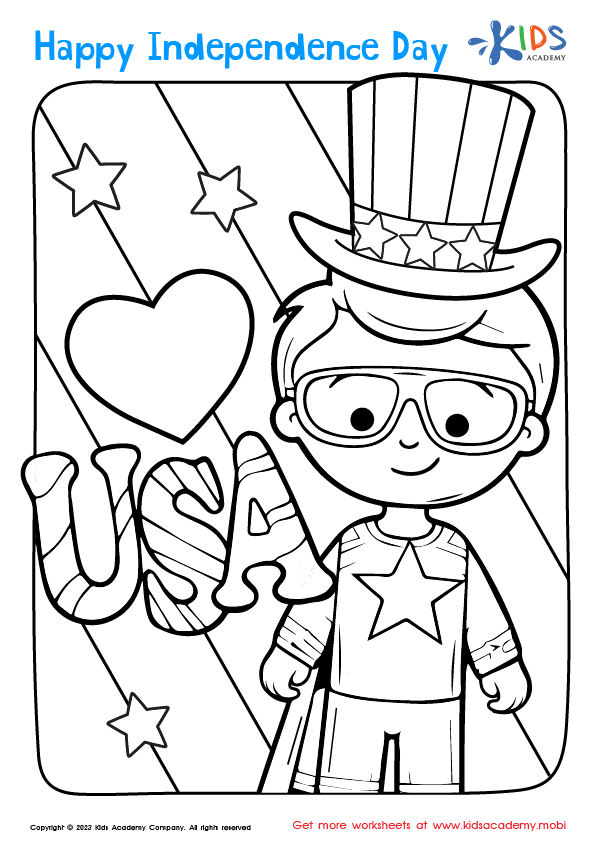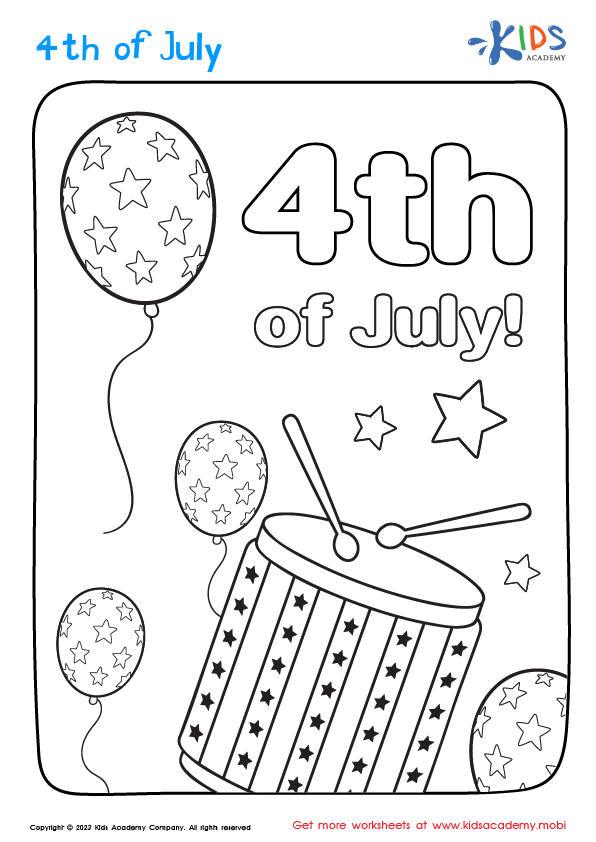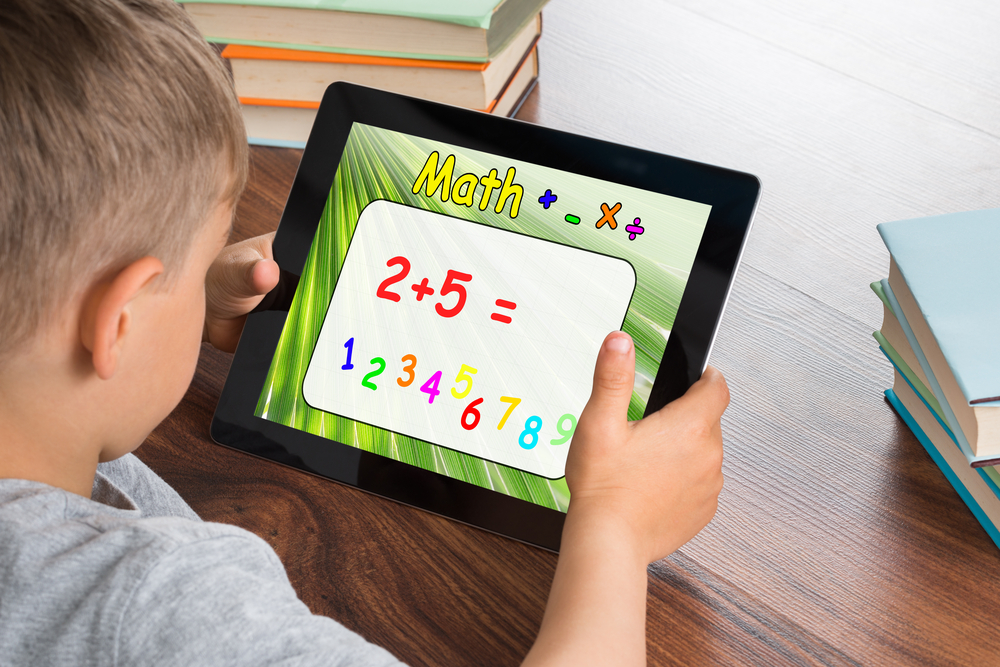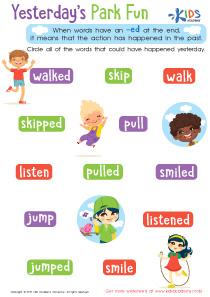Critical Thinking Easy Kindergarten Worksheets
9 filtered results
-
From - To
Discover our "Critical Thinking Easy Kindergarten Worksheets," designed to engage young minds and foster essential problem-solving skills. These worksheets utilize fun and interactive activities that help children learn to analyze statements, make connections, and develop logical reasoning. Ideal for preschool and kindergarten settings, our materials support early learners in enhancing their cognitive abilities while enjoying playful challenges. Each worksheet promotes creative thinking and stimulates curiosity, laying the foundation for future academic success. Dive into our collection and watch your child develop a love for learning as they take on critical thinking tasks with confidence and enthusiasm!
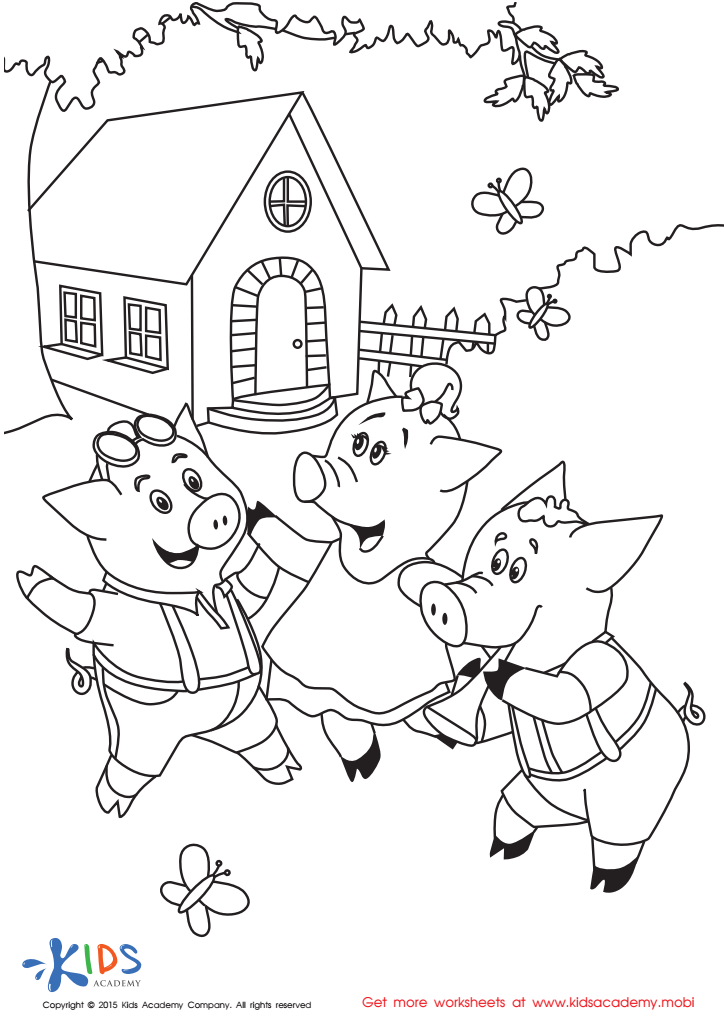

Folktales Printable PDF Worksheet: The 3 Little Pigs
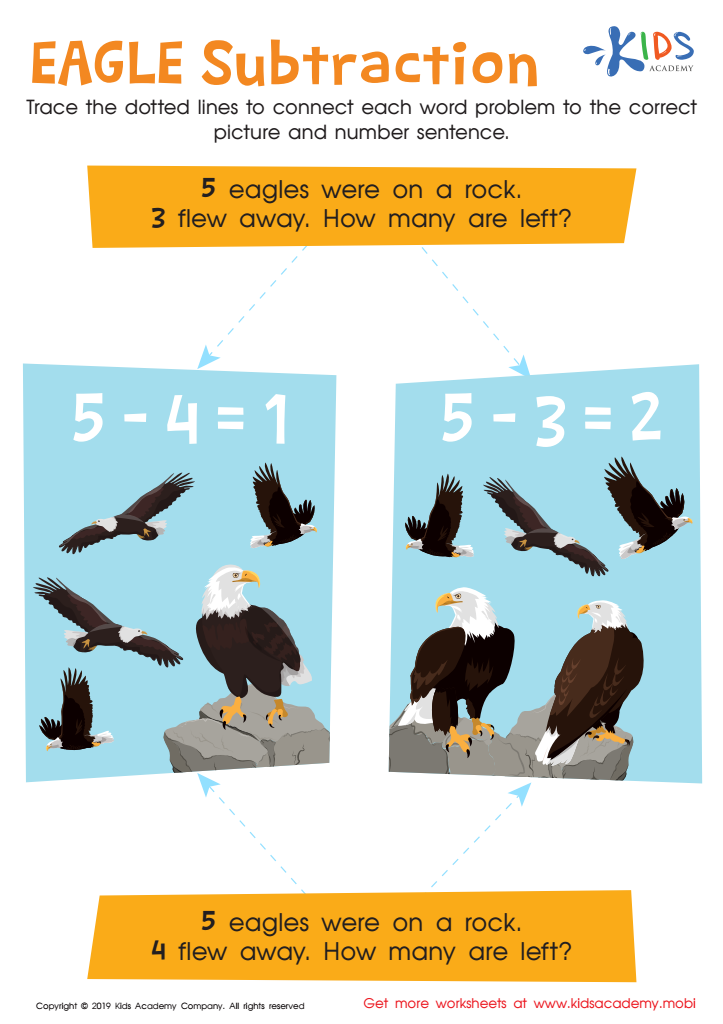

Eagle Subtraction Worksheet
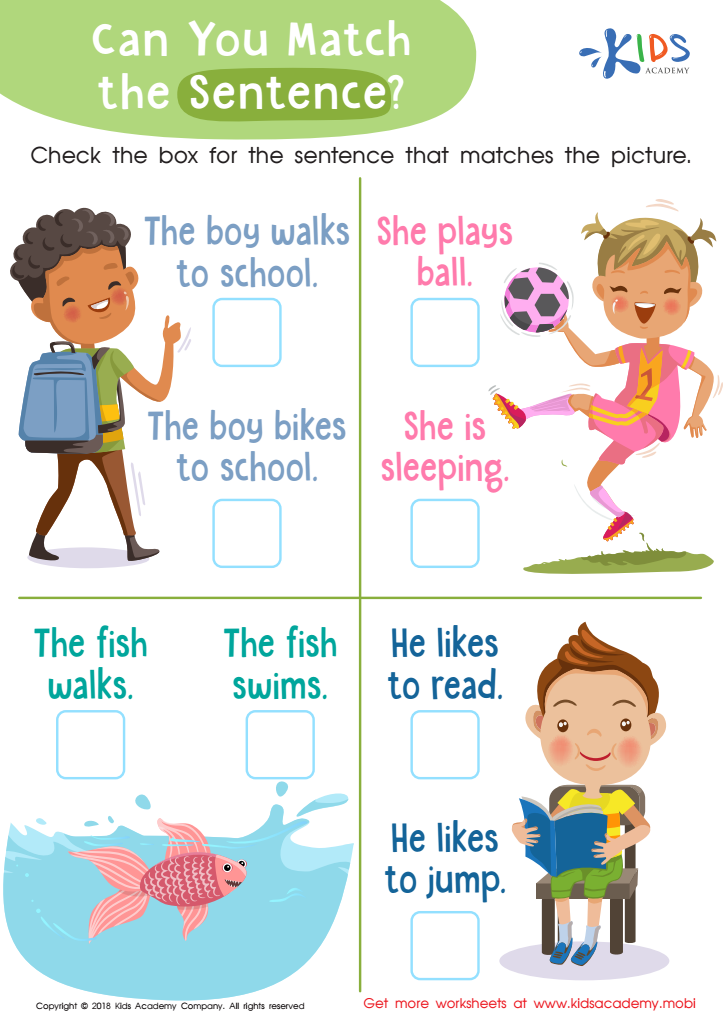

Can You Match the Sentence? Worksheet
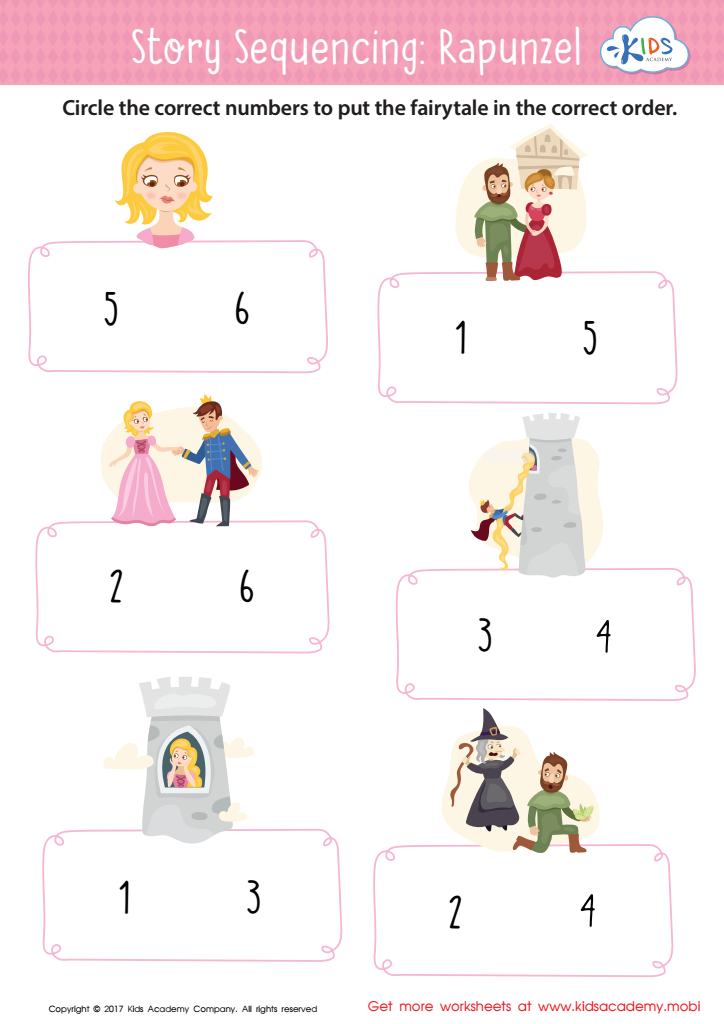

Rapunzel Story Sequencing Worksheet
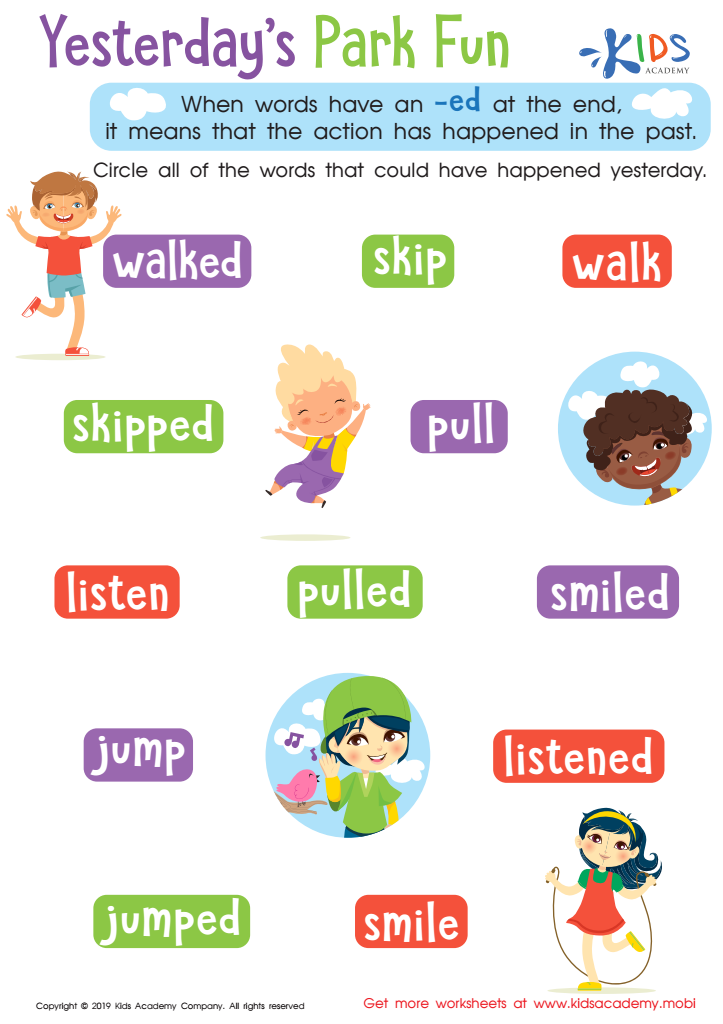

Yesterday's Park Fun Worksheet
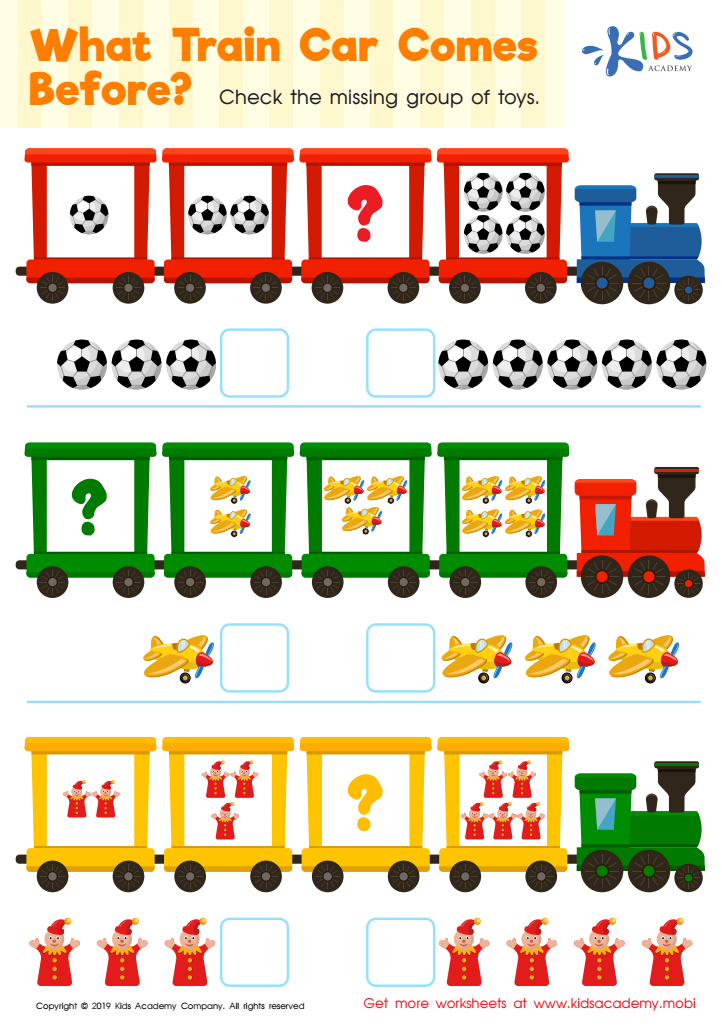

What Train Car Comes Before? Worksheet
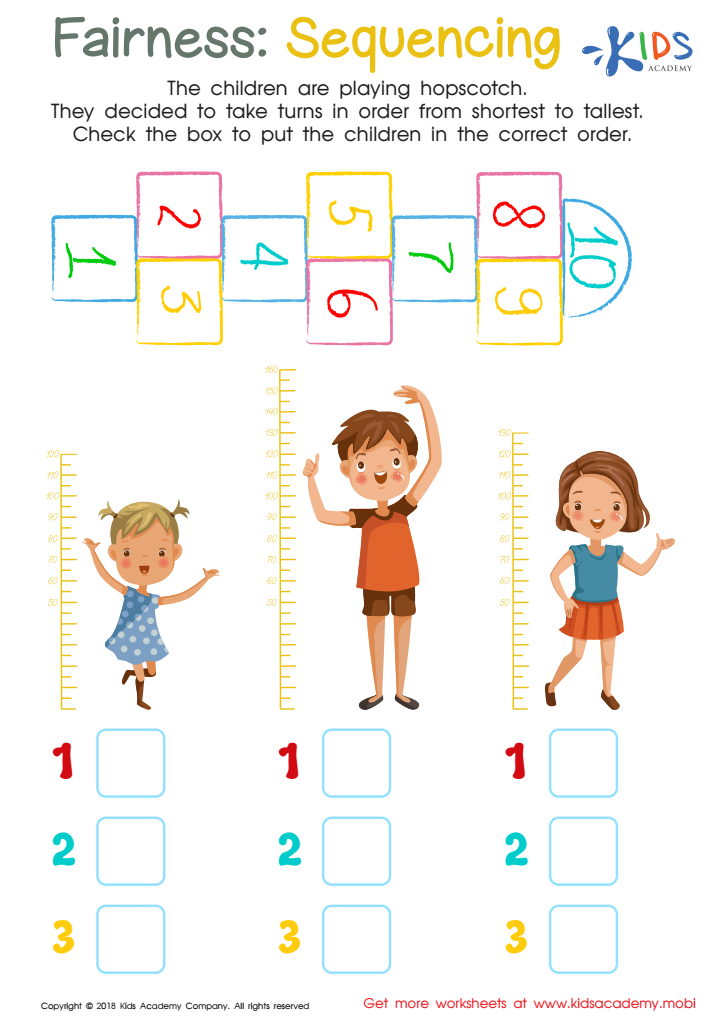

Fairness: Sequencing Worksheet
Parents and teachers should care about integrating Critical Thinking Easy Kindergarten into early education for several compelling reasons. First, fostering critical thinking skills at a young age lays a strong foundation for lifelong learning. By encouraging children to analyze, question, and evaluate information, we help develop their ability to solve problems and make informed decisions as they grow.
Additionally, incorporating critical thinking into kindergarten classrooms promotes independence. Children learn to think for themselves, fosters creativity, and enhances their ability to collaborate effectively with peers. The hands-on activities and interactive discussions often associated with critical thinking activities engage young learners, making learning enjoyable and stimulating.
Furthermore, these skills are vital in today's rapidly changing world. Children equipped with strong critical thinking abilities are better prepared to adapt to new challenges and opportunities, such as the increasing complexity of technology and information availability.
Finally, critical thinking encourages a growth mindset, where students view challenges as opportunities to learn. This resilience is key in promoting their emotional well-being and academic success. For these reasons, parents and teachers should prioritize critical thinking as a vital part of early education.
 Assign to My Students
Assign to My Students
